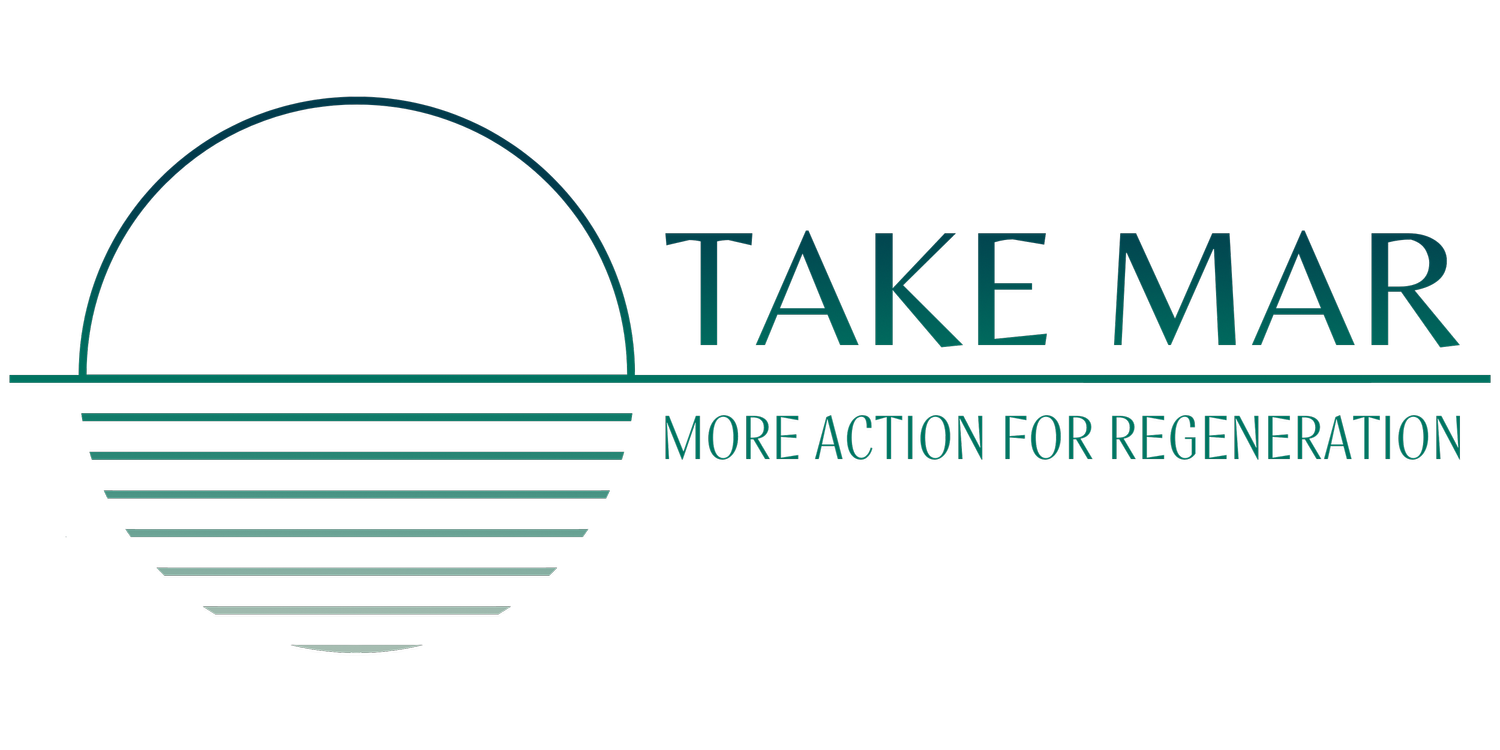Support Nature and Love Nature from Home
In the time between your work, your trips, or even during your lunch break, you can still take actions in and around your home to support nature and help the environment. Immersing yourself in some of the best books written about the environment can help you expand your horizons and stay engaged with the conservation movement.
At Take MAR, here are some of our favorite picks for some of the best environmental books.
* Let us know in the comments if you have read any or if there is one that you feel should be on this list as well! These books are in no particular order, as they would be considered all number ones!
Blue Mind: How Water Makes You Happier, More Connected and Better at What You Do - Wallace J. Nichols
Why are we drawn to the ocean each summer? Why does being near water set our minds and bodies at ease? In Blue Mind, Wallace J. Nichols revolutionizes how we think about these questions, revealing the remarkable truth about the benefits of being in, on, under, or simply near water.
Grounded in cutting-edge studies in neurobiology, cognitive psychology, economics, and medicine, and made real by stories of innovative scientists, doctors, athletes, artists, environmentalists, businesspeople and lovers of nature - stories that fascinate the mind and touch the heart - Blue Mind will awaken readers to the vital importance of water to the health and happiness of us all.
2. Regeneration: Ending the Climate Crisis in One Generation - Pawl Hawken
Regeneration offers a visionary new approach to climate change, one that weaves justice, climate, biodiversity, equity, and human dignity into a seamless tapestry of action, policy, and transformation that can end the climate crisis in one generation. It is the first book to describe and define the burgeoning regeneration movement spreading rapidly throughout the world.
Regeneration describes how an inclusive movement can engage the majority of humanity to save the world from the threat of global warming, with climate solutions that directly serve our children, the poor, and the excluded.
3. Local Voices, Local Choices: The Tacare Approach to Community-Led Conservation - Dr. Jane Goodall
The Tacare Approach to Community-Led Conservation is the story of the Jane Goodall Institute’s holistic approach to conservation, which puts the local people in charge of preserving their surrounding ecosystems. Rather than conservationists leading the effort and imposing their solutions, local communities that live in the affected regions make their own decisions. Working with science and technology and with the support of conservationists, these communities grow to understand their human impact on the environment. By choosing to adopt sustainable livelihoods, they decide their own path into the future, finding ways to balance their environmental impact with their communities’ needs.
Story by story, Local Voices, Local Choices brings readers into the diverse perspectives behind this approach to community-driven conservation―not only those of JGI staff and program partners but also, and equally, those of the local people who lead these initiatives
4. Braiding Sweetgrass: Indigenous Wisdom, Scientific Knowledge and the Teachings of Plants - Robin Wall Kimmerer
A New York Times Bestseller
A Washington Post Bestseller
Drawing on her life as an indigenous scientist, and as a woman, Kimmerer shows how other living beings―asters and goldenrod, strawberries and squash, salamanders, algae, and sweetgrass―offer us gifts and lessons, even if we've forgotten how to hear their voices. In reflections that range from the creation of Turtle Island to the forces that threaten its flourishing today, she circles toward a central argument: that the awakening of ecological consciousness requires the acknowledgment and celebration of our reciprocal relationship with the rest of the living world. For only when we can hear the languages of other beings will we be capable of understanding the generosity of the earth, and learn to give our own gifts in return.
5. The Overstory - Richard Powers
Richard Powers was awarded the Pulitzer Prize in Fiction for this innovative literary fiction book about nature. Simulating the growth of a tree, Powers breaks with traditional formatting and arranges his work in interlocking segments. You start with short stories about nine different characters and then watch as their stories interweave together in a novel that explores humankind’s relationship with nature.





